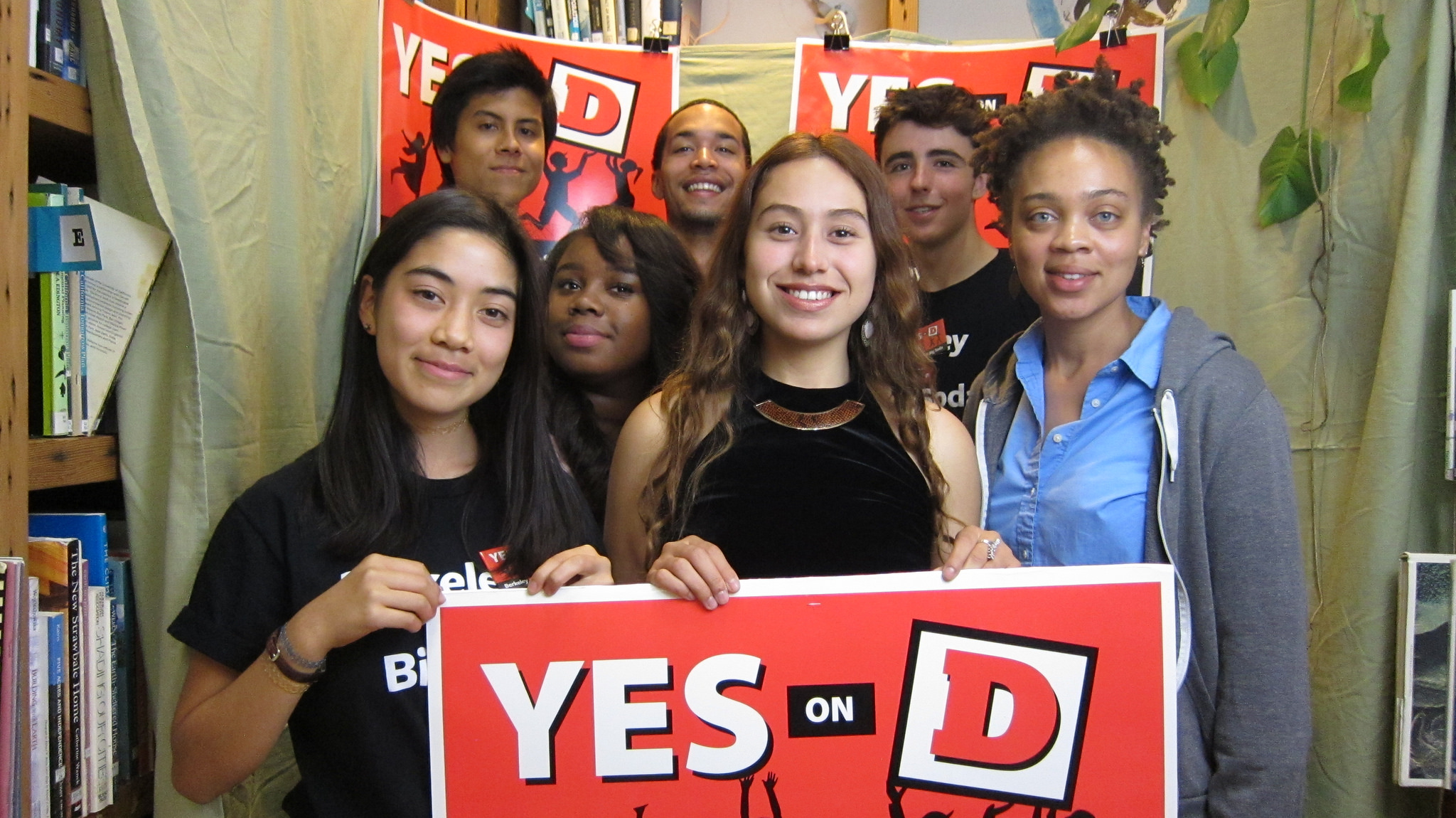by Helen De Michiel
After a trip to Washington, D.C. in 2009 when I participated in a delegation of media arts advocates lobbying Congress on behalf of net neutrality, I wrote about the experience for Culture Work. I said that “when we develop and maintain cross-disciplinary alliances, especially with partners outside of the arts sector, this activity will make sure that we have cultural alternatives and that the needs of communities will be served in new and unimagined ways.”
It was a moment full of hope and trust. The air was ripe with possibility because we were “shovel-ready’ for artists and public media organizations to make positive change with confidence and cohesion in the years to come. I came home energized to collaborate with strategic and focused advocates working together for policy change in those early days of the Obama era.
So, I decided to test my own recommendations and venture into this unknown.
From 2010-2014, Lunch Love Community, the episodic documentary that my team and I were making about food reform and food justice in the public schools of Berkeley, California, evolved into a transmedia project, taking advantage of emerging digital spaces. The project circulated online and in community-based, participatory screenings in events we called “Media Socials,” before going into traditional distribution. Engaging with folks eager to change community health and nutrition policies, these exchanges and conversations shifted the focus of the project and deepened its impact.
In 2016, my next short film, Berkeley Vs. Big Soda grew out of these relationships with food justice advocates who believed that bearing witness through storytelling would open up new vistas for the people they work with on the ground.

Wanting to expand the documentary form, I held this question: how can we, as artists bring people together face to face, and create more generative dialogue? While I was working on these projects, my colleague, new media theorist Patricia Zimmermann and I began to write about this practice as “Open Space Documentary” — when artists use “new media” forms and tools to meet people and places, hold together commonality, and break down barriers of isolation and fear.
I’m writing this reflection now in the first weeks of the Trump Minority Presidency. In these wintery dark days, I join others to imagine how to liberate our narratives from the new domination. As creators, organizational builders and collaborators, we belong to the American Majority whose challenge is to define, express, and model our positive moral values and truths. I agree with George Lakoff that it is our right and duty to reclaim and reframe the cultural conversation. It is integral to the political landscape we are facing.
Let’s focus our lens’ locally to deepen the recognition of place-based culture making. With the tools we have, we can create a new language to honor the work that goes on outside the global cities of culture.
All creativity is an ongoing, collective dialogue coming from new, emerging alliances. Our vectors are shifting, and change calls from the edges where few think to look and listen.
Helen De Michiel is a filmmaker working in the San Francisco Bay Area. Open Space New Media Documentary: A Toolkit for Theory and Practice, co-authored with Patricia Zimmermann, will be published by Routledge in 2017. helen@thirtyleaves.org
